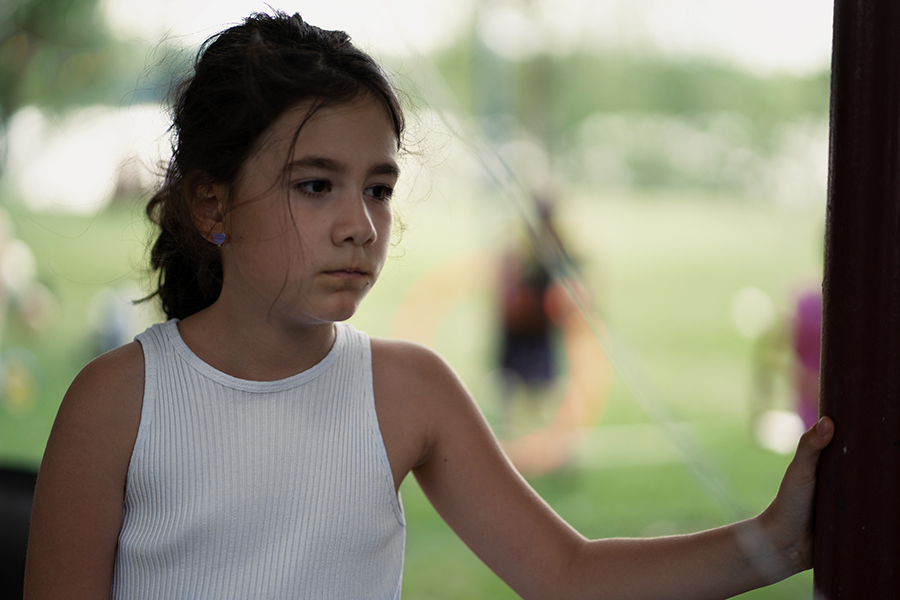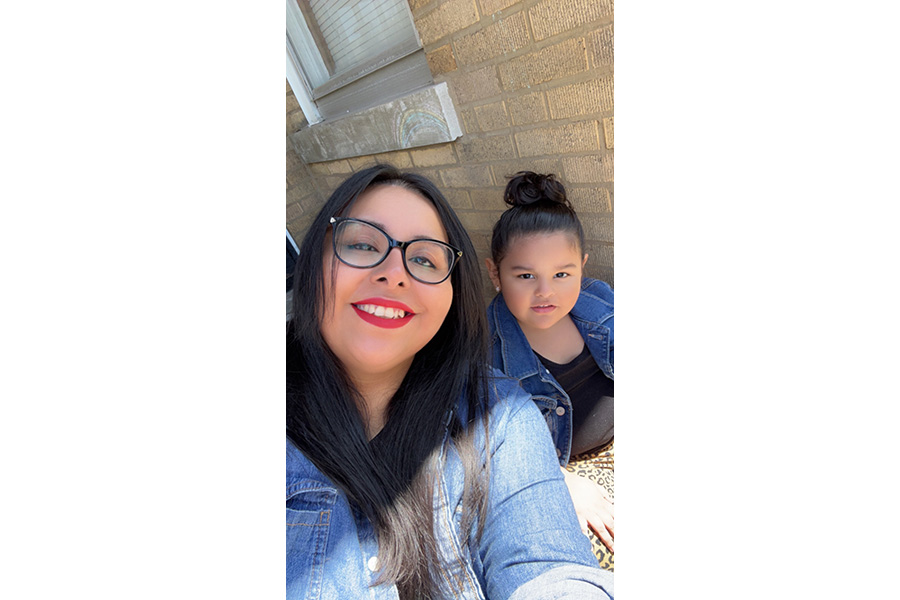Even though summer holds the connotation of ice cream, bare feet, swimming pools and a happy-go-lucky vibe, many of our children have a heightened level of anxiety with the transition from end-of-school into the summer season, and often throughout the summer. Although it is a transition that comes with less “work” such as homework and studying, it’s a transition nonetheless, and for our children who don’t like change, it can be overwhelming and scary.
During the summer, there can be more unstructured time that our children don’t know how to fill. This is especially true if, during the school year, our kids have a packed activity schedule after school and on weekends, with little opportunity to manage free time and sit with quiet activities or alone. During that down time (without screens) is when our children explore and build skills such as creativity, brainstorming, problem solving and figuring things out. Without this time, our kids rely on us – their parents – to schedule their time, causing anxiety if they have “nothing to do.” The good news is that the statistics are strong: no child has yet to have been harmed via boredom!
What does summertime anxiety look like?
What are we doing?
Summertime anxiety may look like a child who is worried about the schedule and what he or she will be doing each day. The “open-ness” of the daily schedule, as it veers away from the consistency that children and teens usually have during the school year, can be overwhelming.
You may hear questions such as:
“What are we doing today?”
“What are we doing tonight?”
“What are we doing this weekend?”
Your child may be uncomfortable with not having a set schedule. A potential solution is to give your child a weekly or monthly desk or printed calendar that includes activities, a camp schedule, vacations, friend or family gatherings so that you child can have a sense of what the week will look like. Your child can write down what is happening in an effort to be “in charge” of their schedule and upcoming events.
For your child who needs to know what their day will look like, create a visual schedule of the day’s events, such as what general time or create a sequence of the routine that includes: waking, breakfast, engaging in summer reading, etc. It may also be helpful to create a dinner menu for the week and to get your child or children involved in the planning, food shopping and preparation in order to give your child a sense of knowing and involvement in the family schedule.
Where are we going?
Vacations are also a source of anxiety for our children and teens, especially when they don’t know where the family is staying or what they will be doing or eating. For a family vacation that is a new destination, share with your child the dates, the location, the name of the hotel and encourage him or her to look up the resort or hotel and to create a visual image of the environment that they will call home for the next few days or week.
Encourage your child or children to plan an activity that the family can do together. For example, trying a food found at a particular restaurant or dessert shop, or taking a family bike ride and finding a place from which to rent bikes, and making the reservations.
I’m scared for the new school year
The beginning of August is traditionally the time when “Back To School” commercials and displays in stores become prominent. I haven’t been a student for so many years now but every time I hear a radio commercial or see a display at Target, I still get that nervous flutter in my stomach. It’s amazing how deeply ingrained that feeling has become.
For many children, this can trigger that ‘back to school’ anxiety. A few topics of worry can be:
- Who will my new teacher(s) be?
- What if I don’t like my teachers?
- What if my teachers are mean?
- Will I have friends in my class(es)?
- Will my classes be hard?
- What if I can’t handle my classes?
- What if I get bad grades?
- What sport will I play?
- What if I don’t do well with my sport and my team gets mad at me?
- Will I be able to wake up on time?
- Will I be able to get ready on time?
If your child experiences significant anxiety that impacts his or her ability to enjoy the day or the rest of the summer, I recommend reaching out to your school principal (elementary, middle or high school) and schedule a time for your child to walk through the halls of the school when they’re empty so they can become familiar with the layout again, or for the first time if a transition to a new school is impending.
If possible, meet the teacher(s) prior to the beginning of the school year.
Play on the playground of the school to keep the space familiar in your child’s memory.
The strategy is to create exposure and repeated exposure so that the anxiety around school, or the part or parts of school, become less scary and worrisome.
In the Meantime…
Plan family and fun time together and enjoy the summer. Make meals together, spend time apart with sleepovers with friends, sleepovers at camp, sleepovers with grandparents or cousins.
Discuss your child’s worries as they come up and ask him or her (of any age): “What do you need that will make your school worries lessen?” And work off of that information to guide your next steps.
Even though we usually associate the experience of anxiety with the school year, the summer time can also create anxiety for our children and teens.














